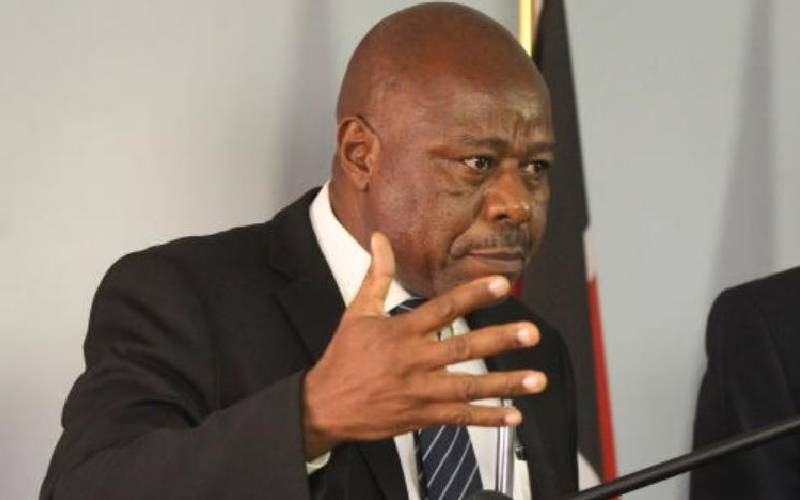×
The Standard e-Paper
Join Thousands Daily

I am not sure if his email address is still [email protected]. Perhaps he may have changed it to mirror the red-carpeted mahogany-panelled stately office that he now holds.
Before he became Principal Secretary at a ministry that wields State power over the media, which he now whets his appetite to kill, Edward Kisiang'ani, PhD, loved to be seen and for him, media was the place to aid his fetish for a podium to speak.